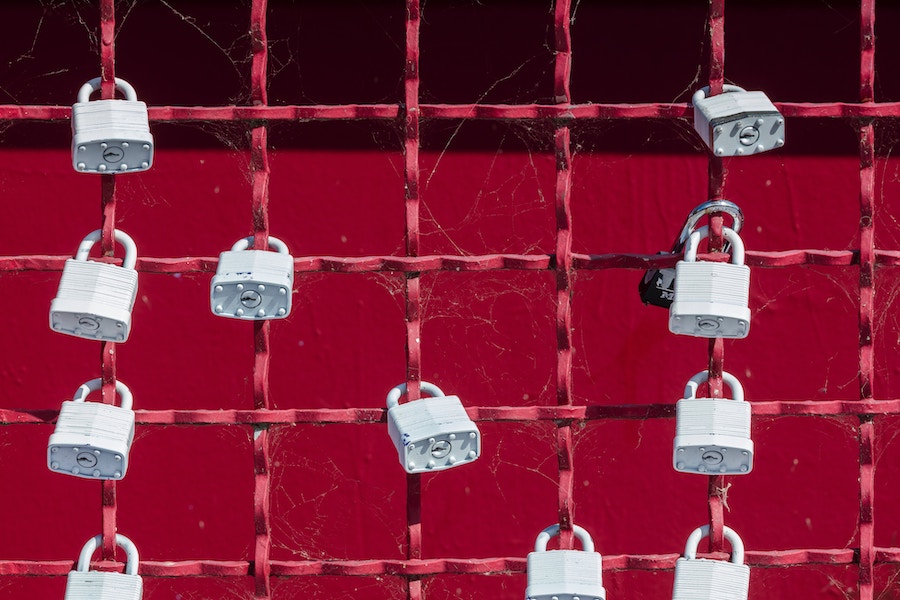
Hirt v College of Physicians and Surgeons ( British Columbia) BCCA ( 1985) 3 WWR 350 was one of the first BC appeal court decisions, if not the first, to hold that the infringement of the right of the public to freedom of expression is justified where publicizing the identities of innocent parties will accomplish nothing and the rights of those innocent will be protected.
The respondent, the College of Physicians and Surgeons of British Columbia (the “college”), removed the appellant Dr. H.’s name from the medical register after holding an in camera hearing in which detailed evidence was heard respecting the sexual relations of Dr. H. and several of his patients, including Dr. Jane Doe, an intervenor in these proceedings, as well as the sexual relations of those patients with others.
Dr. H. appealed this decision. Dr. Doe sought an order in chambers to seal the file and to permit the use of pseudonyms and other devices to protect the true identity of the complainants and others.
Dr. Doe appealed from the decision of the chambers judge dismissing her application.
The Appeal was allowed.
Although public accessibility to the courts and to court records is needed so that society can be assured that justice has been done, reasonable limitations to that principle have been recognized for many years in free and democratic societies.
It is demonstrably justifiable in a free and democratic society that the openness rule be restricted to protect the innocent when, as in this case, nothing would be accomplished by publicizing the identities of the complainants or their sexual partners.
The right of the public to be satisfied that justice has been done in a fair and public hearing by an independent tribunal would be assured as the full record of evidence — except as to the identities of the complainants and others — would be available and the hearing would be in open court.
The full transcript would be sealed and available to the appeal judge; the file transcript would delete the identities of the complainants and others and any information which could disclose those identities.
Counsel could use pseudonyms in memoranda and argument unless the hearing judge deemed necessary to do otherwise to ensure a fair hearing.




